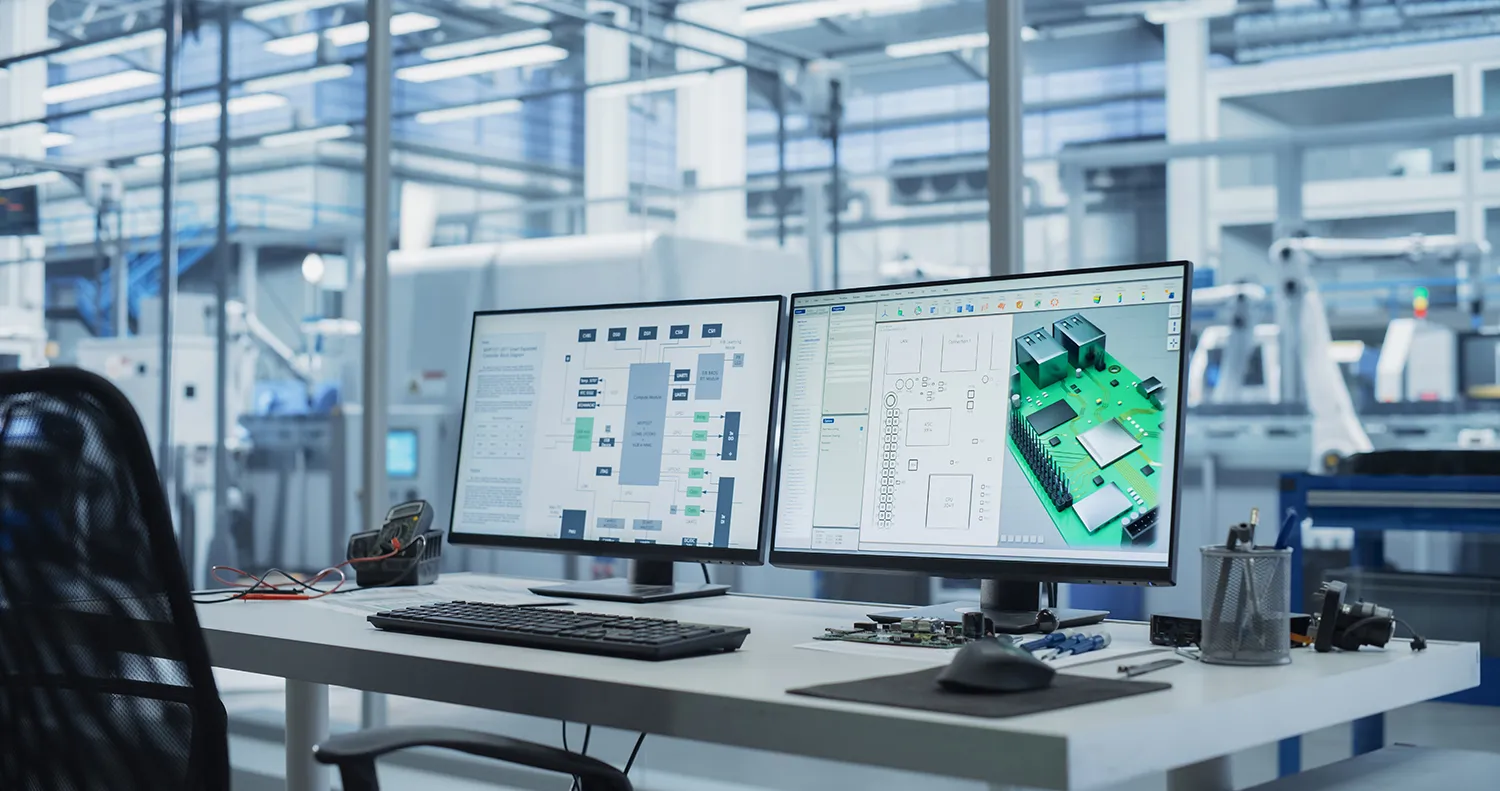Ural Electrochemical Plant Fully Shifts Dispatching to Russian Databases
The Ural Electrochemical Plant, part of Rosatom’s Fuel Division, has completed a major upgrade of its dispatch control system. The SCADA package eXvision has been migrated to a fully domestic data storage platform. By abandoning imported solutions, the plant reduces external risks, simplifies maintenance, and makes production automation entirely Russian-built.

What Was Done and Why It Matters
Engineers at the Ural Electrochemical Plant (UEKhK) redesigned the software architecture so that it now runs on a proprietary engine for storing both real-time and archived data. This eliminated dependence on foreign database systems, lowered licensing risks, and gave the plant more freedom in administration.
Critical industrial processes are now managed and supported by the plant’s in-house team.
The updated platform retains all the performance characteristics required for a large-scale chemical and metallurgical facility: processing thousands of parameters in real time, handling massive streams of discrete signals, and unifying dozens of computing nodes into a single system.

According to developers, the system can process about 6,500 analog parameters and more than 100,000 discrete signals while coordinating over 40 computing nodes. Built-in resilience includes a transaction log, synchronization with backup storage, and automatic failover mechanisms.
Practical Benefits for Operations
The shift to domestic software delivers several tangible results.
First, technical support is streamlined: plant engineers can fix errors and implement upgrades without waiting on foreign vendors. Second, maintenance and licensing costs are reduced. Third, information security is enhanced, as a local storage engine is easier to audit and secure in compliance with industry standards.
Finally, the upgrade opens opportunities to integrate modular analytics and link the system with other Russian-made digital products.

Implementation Experience and Workforce Development
The development and deployment were carried out by UEKhK specialists together with Rosatom Fuel Division units. Some of the solutions were already tested at neighboring facilities and labs, with results confirming the platform’s industrial reliability.
Plans are also in place to establish a training center in Novouralsk to prepare engineers in configuring and maintaining the new system. This is crucial: domestic software requires its own talent pool capable of ensuring round-the-clock operation of complex automated systems.
Industry Impact and Potential Replication
Import substitution at the plant level sends an important signal for the entire industry. If UEKhK’s approach proves economically efficient and reliable, the solution could be replicated across other Rosatom enterprises and in adjacent sectors such as oil and gas, chemicals, and power generation.

A “purely Russian” SCADA stack can also be more easily included in state registries and recommended for government modernization programs. Future development will expand operator interfaces, integrate with industrial analytics platforms, and meet both international and domestic information security standards.
What It Means for Industry as a Whole
The UEKhK modernization represents applied technological sovereignty: when core automation elements are designed and maintained domestically, external vulnerabilities decrease and operational flexibility increases. For critical facilities where reliability and safety are paramount, this is a significant achievement.
If projects like this scale across industries, Russian manufacturing will be able to rely on fully domestic software solutions to drive its digital transformation.










































